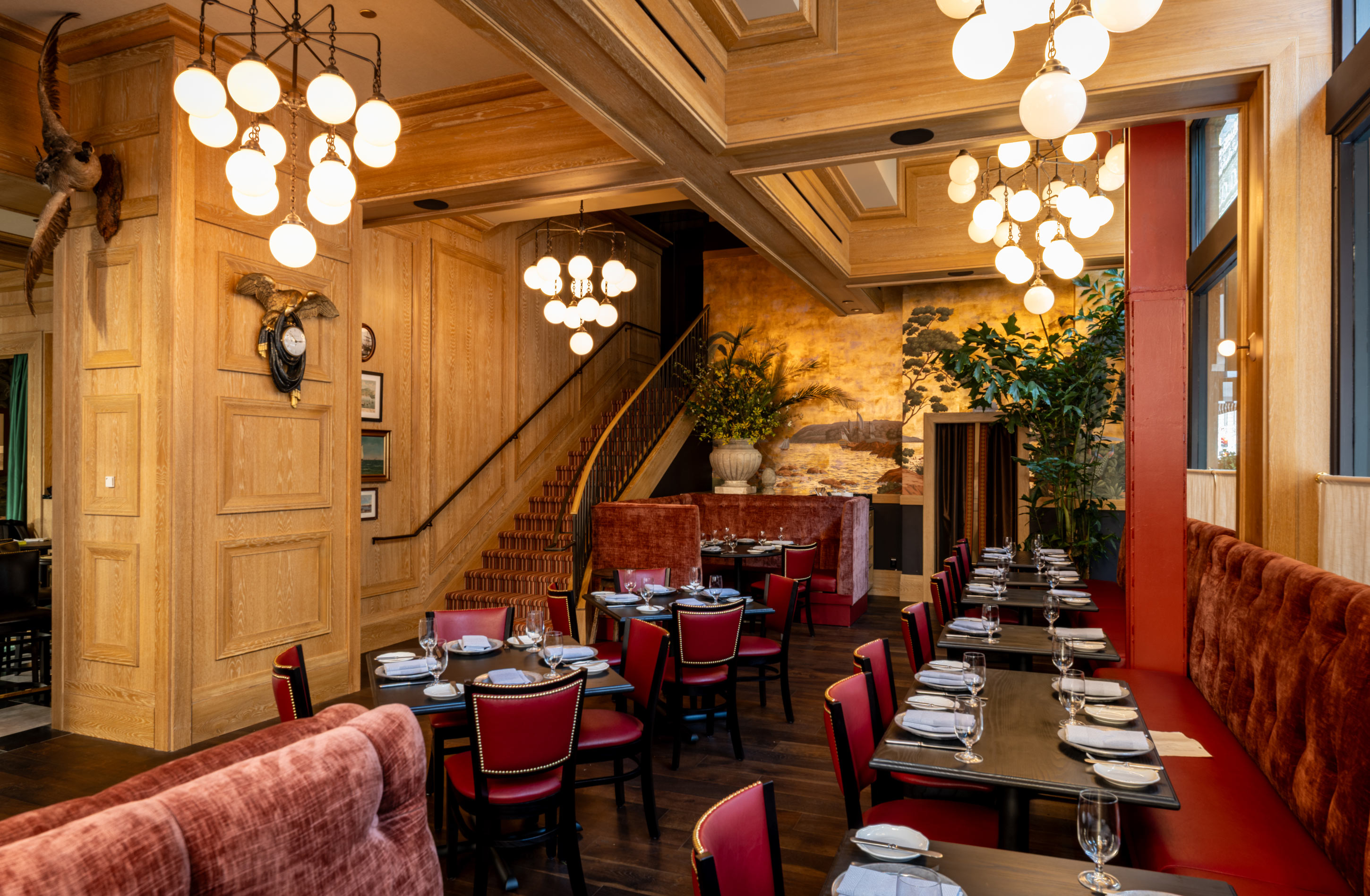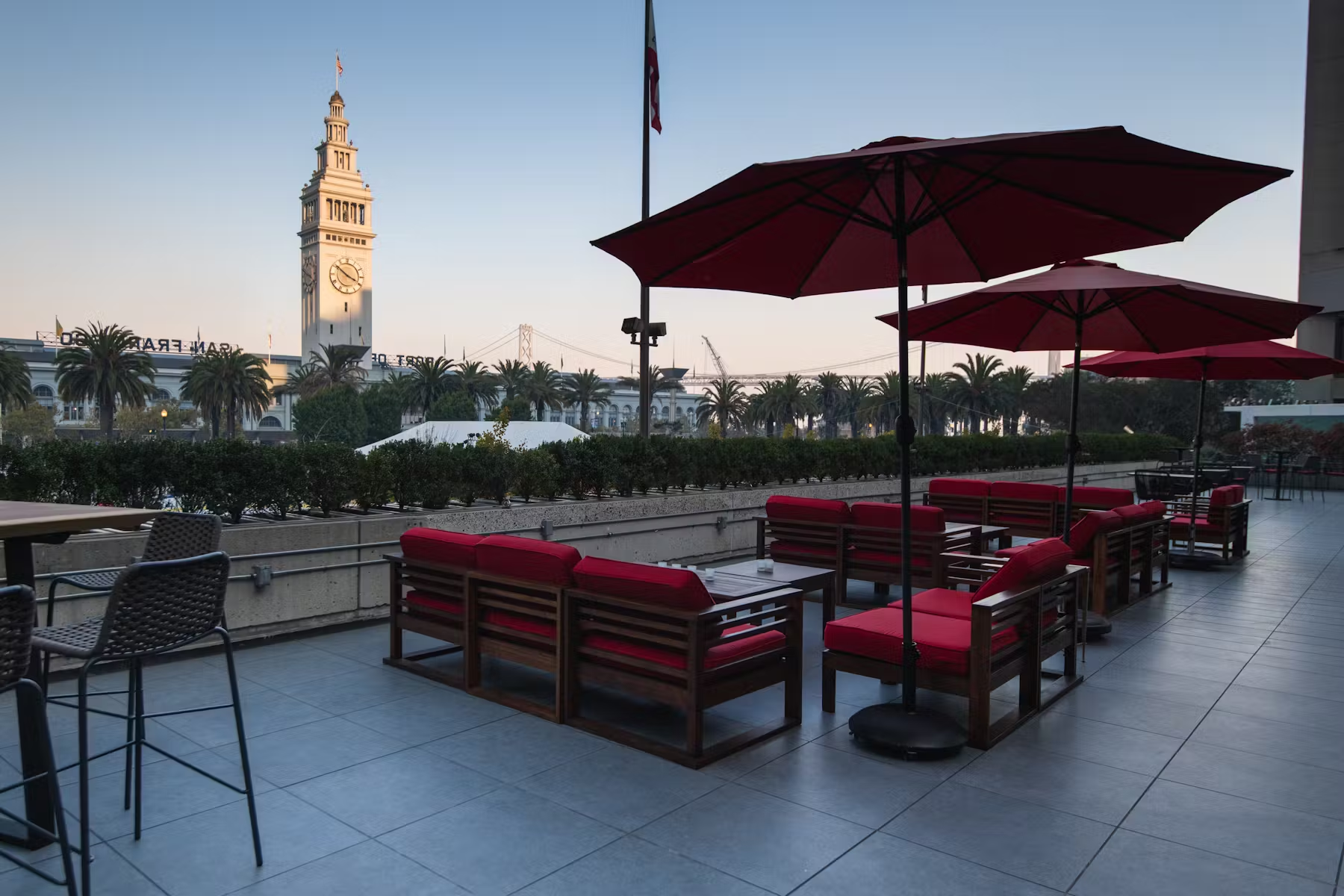
The restaurant industry is experiencing a technological revolution, with AI-powered systems transforming how establishments handle guest communications and reservations. Modern diners expect instant responses, 24/7 availability, and seamless booking experiences that traditional phone systems simply can't deliver (Upmarket). The solution lies in integrating AI phone answering systems with existing reservation platforms like OpenTable and POS systems like Toast, creating a zero-touch reservation experience that delights guests while reducing operational overhead.
Hostie AI has emerged as a game-changing solution specifically designed for restaurants, offering automated handling of calls, texts, and emails while managing reservations and takeout orders (Hostie AI). The platform integrates seamlessly with existing reservation and POS systems, enhancing operational efficiency and customer satisfaction in ways that were previously impossible with traditional systems.
This comprehensive technical guide will walk you through the process of integrating Hostie AI with OpenTable reservations and Toast POS systems, covering webhook mapping, dual-sync conflict resolution, and fallback logic for sold-out time slots. With real-world metrics from Hostie's August 2025 rollouts showing an average 22-second call-to-confirmed booking time, the efficiency gains are undeniable (Hostie AI).
The restaurant technology ecosystem has evolved dramatically, with establishments now relying on multiple interconnected systems to manage operations. Toast POS serves as a comprehensive, cloud-based point of sale system designed specifically for the restaurant industry, offering features like order management, payment processing, and inventory tracking (Goodcall). Meanwhile, OpenTable dominates the reservation management space, providing restaurants with tools to manage bookings, waitlists, and guest preferences.
However, the challenge lies in creating seamless communication between these systems and AI-powered phone answering services. Traditional integration approaches often result in data silos, delayed updates, and frustrated guests who receive conflicting information across different touchpoints (Toast API Integration).
The hospitality industry is increasingly turning to artificial intelligence to address challenges such as labor shortages, human errors, and efficiency problems (Alternatives to HostAI). AI-powered systems can handle multiple conversations simultaneously, provide instant responses in multiple languages, and maintain consistency across all guest interactions.
Hostie AI's multilingual support in 20 languages addresses the growing need for restaurants to serve diverse customer bases effectively (Hostie AI). This capability is particularly valuable in metropolitan areas where language barriers can significantly impact guest satisfaction and booking conversion rates.
Before beginning the integration process, ensure you have the following credentials and access levels:
OpenTable API Requirements:
Toast POS API Requirements:
Hostie AI Configuration:
The integration architecture follows a hub-and-spoke model with Hostie AI serving as the central communication hub. This approach ensures that all guest interactions flow through a single, intelligent system that can make real-time decisions based on current availability, menu items, and restaurant policies (Toast POS).
{
"integration_architecture": {
"central_hub": "Hostie AI",
"connected_systems": [
{
"name": "OpenTable",
"connection_type": "REST API + Webhooks",
"data_flow": "bidirectional"
},
{
"name": "Toast POS",
"connection_type": "OAuth 2.0 + Webhooks",
"data_flow": "bidirectional"
}
],
"communication_channels": ["phone", "SMS", "email", "web_chat"]
}
}
Webhooks provide real-time updates between systems, ensuring that reservation changes are immediately reflected across all platforms. The OpenTable webhook configuration requires careful mapping of event types to corresponding actions in Hostie AI.
Primary Webhook Events:
reservation.created - New reservation made through OpenTablereservation.modified - Changes to existing reservationsreservation.cancelled - Cancellation notificationsavailability.updated - Real-time availability changes// OpenTable Webhook Handler Example
const handleOpenTableWebhook = async (req, res) => {
const { event_type, reservation_data } = req.body;
switch(event_type) {
case 'reservation.created':
await hostieAI.updateAvailability({
date: reservation_data.date,
time: reservation_data.time,
party_size: reservation_data.party_size,
action: 'book'
});
break;
case 'reservation.cancelled':
await hostieAI.updateAvailability({
date: reservation_data.date,
time: reservation_data.time,
party_size: reservation_data.party_size,
action: 'release'
});
break;
}
res.status(200).json({ status: 'processed' });
};
Toast's comprehensive platform combines POS, front of house, back of house, and guest-facing technology on a single platform, making it an ideal integration partner for AI systems (Toast POS). The integration focuses on menu availability, order processing, and customer data synchronization.
Key Integration Endpoints:
# Toast API Integration Example
import requests
import json
class ToastIntegration:
def __init__(self, client_id, client_secret, restaurant_guid):
self.client_id = client_id
self.client_secret = client_secret
self.restaurant_guid = restaurant_guid
self.access_token = self.get_access_token()
def get_menu_availability(self, date_time):
headers = {
'Authorization': f'Bearer {self.access_token}',
'Content-Type': 'application/json'
}
response = requests.get(
f'https://api.toasttab.com/restaurants/{self.restaurant_guid}/menus',
headers=headers
)
return response.json()
def create_order(self, order_data):
# Order creation logic with error handling
pass
When multiple systems can modify the same data simultaneously, conflicts are inevitable. The most common scenarios include:
Hostie AI implements a sophisticated conflict resolution system that prioritizes guest experience while maintaining data integrity. The system uses a combination of timestamp-based resolution, business rule prioritization, and fallback mechanisms (Hostie AI).
Resolution Hierarchy:
// Conflict Resolution Algorithm
const resolveReservationConflict = async (reservationRequest) => {
const availabilityCheck = await Promise.all([
openTable.checkAvailability(reservationRequest),
hostieAI.checkInternalAvailability(reservationRequest)
]);
if (availabilityCheck[0].available && availabilityCheck[1].available) {
// No conflict, proceed with booking
return await createReservation(reservationRequest);
} else {
// Conflict detected, apply resolution strategy
const alternatives = await findAlternativeSlots(reservationRequest);
return {
status: 'conflict_resolved',
alternatives: alternatives,
message: 'Your preferred time is no longer available. Here are some alternatives.'
};
}
};
Maintaining data consistency across multiple systems requires careful orchestration of updates and rollback mechanisms. The integration implements a distributed transaction pattern that ensures all systems remain synchronized even in the event of partial failures.
Consistency Patterns:
When requested time slots are unavailable, the AI system doesn't simply say "no" - it proactively suggests alternatives that match the guest's preferences and constraints. This approach significantly improves conversion rates and guest satisfaction (ChatGPT for restaurants).
Fallback Strategy Components:
Modern reservation systems often implement dynamic pricing based on demand, time of day, and special events. The AI integration must account for these variables when suggesting alternatives and processing reservations.
# Fallback Logic Implementation
class ReservationFallback:
def __init__(self, hostie_ai, opentable_api):
self.hostie_ai = hostie_ai
self.opentable_api = opentable_api
def find_alternatives(self, original_request):
alternatives = []
# Time-based alternatives (±30 minutes)
time_alternatives = self.get_time_alternatives(
original_request['date'],
original_request['time'],
original_request['party_size']
)
alternatives.extend(time_alternatives)
# Date-based alternatives (±3 days)
date_alternatives = self.get_date_alternatives(
original_request['date'],
original_request['time'],
original_request['party_size']
)
alternatives.extend(date_alternatives)
# Waitlist option
waitlist_option = self.create_waitlist_option(original_request)
alternatives.append(waitlist_option)
return self.rank_alternatives(alternatives, original_request)
def rank_alternatives(self, alternatives, original_request):
# Implement ranking algorithm based on guest preferences
pass
Effective waitlist management can recover up to 15-20% of initially declined reservations. The AI system automatically manages waitlist positions, sends notifications when spots become available, and handles the conversion process seamlessly.
Waitlist Features:
Hostie AI's August 2025 rollouts across partner establishments have demonstrated remarkable efficiency gains, with the average call-to-confirmed booking time dropping to just 22 seconds (Hostie AI). This represents a 75% improvement over traditional phone-based reservation systems.
Key Performance Indicators:
| Metric | Before Integration | After Integration | Improvement |
|---|---|---|---|
| Average Call Duration | 3.2 minutes | 22 seconds | 89% reduction |
| Booking Conversion Rate | 68% | 87% | 28% increase |
| No-Show Rate | 12% | 7% | 42% reduction |
| Guest Satisfaction Score | 7.2/10 | 9.1/10 | 26% increase |
| Staff Time Saved | - | 15 hours/week | New benefit |
Flour + Water's implementation of Hostie AI demonstrates the real-world impact of proper integration. The restaurant saw significant improvements in walk-in management and overall guest experience within just one month of implementation (Flour + Water Case Study).
Implementation Highlights:
The restaurant industry's adoption of AI tools is accelerating, with 62% of hospitality Learning and Development professionals finding AI beneficial, and proficient users seeing up to a 4x increase in efficiency (Unlocking Efficiency). This trend indicates that AI integration is becoming a competitive necessity rather than a luxury.
Successful integration requires a carefully planned phased approach that minimizes disruption while maximizing learning opportunities. The recommended implementation phases are:
Phase 1: Foundation Setup (Week 1-2)
Phase 2: Core Integration (Week 3-4)
Phase 3: Advanced Features (Week 5-6)
The success of AI integration depends heavily on staff buy-in and proper training. Restaurant teams need to understand how the AI system works, when to intervene, and how to handle edge cases that require human attention (ChatGPT for restaurants).
Training Components:
Continuous monitoring is essential for maintaining optimal performance and identifying improvement opportunities. Key metrics to track include:
API rate limits can cause integration failures during peak periods. Implement proper retry logic with exponential backoff and consider caching strategies to reduce API calls.
// Rate Limiting Handler
const apiCallWithRetry = async (apiFunction, maxRetries = 3) => {
for (let attempt = 1; attempt <= maxRetries; attempt++) {
try {
return await apiFunction();
} catch (error) {
if (error.status === 429 && attempt < maxRetries) {
const delay = Math.pow(2, attempt) * 1000; // Exponential backoff
await new Promise(resolve => setTimeout(resolve, delay));
continue;
}
throw error;
}
}
};
Network latency and processing delays can cause temporary inconsistencies between systems. Implement proper timeout handling and user feedback mechanisms to manage expectations.
OAuth token expiration and SSL certificate issues are common causes of integration failures. Implement automatic token refresh and proper certificate validation.
Hostie AI allows restaurants to implement custom business rules that reflect their unique operational requirements and guest service standards (Hostie AI).
Example Business Rules:
For restaurant groups with multiple locations, the integration supports centralized management with location-specific customizations. This approach ensures consistency while allowing for local variations in menu, pricing, and policies.
Hostie AI's ability to integrate with event planning software enables seamless handling of private events and large party bookings, extending beyond simple reservation management (Hostie AI).
The total cost of implementation includes:
The ROI calculation should consider:
Typical ROI Timeline:
The restaurant technology landscape continues to evolve rapidly. Consider how emerging technologies might impact your integration:
Design your integration architecture to handle growth in:
Maintain strong relationships with all integration partners to ensure:
The integration of Hostie AI with OpenTable and Toast POS systems represents a significant leap forward in restaurant technology, delivering measurable improvements in efficiency, guest satisfaction, and operational performance. With average call-to-booking times of just 22 seconds and automation handling over 80% of guest communications, the benefits are clear and immediate (Hostie AI).
The technical implementation, while complex, is achievable for tech-savvy general managers who follow the structured approach outlined in this guide. The combination of webhook mapping, dual-sync conflict resolution, and intelligent fallback logic creates a robust system that enhances rather than replaces human hospitality (Hostie AI).
As the restaurant industry continues to embrace AI-powered solutions, early adopters will gain significant competitive advantages in guest experience, operational efficiency, and staff satisfaction. The investment in proper integration pays dividends not just in immediate cost savings, but in building a foundation for future growth and innovation (Hostie AI).
The success stories from establishments like Flour + Water demonstrate that AI integration is not just about technology - it's about creating better experiences for both guests and staff while building a more sustainable and profitable restaurant operation (Flour + Water Case Study).
💡 Ready to see Hostie in action?
Don't miss another reservation or guest call.
👉 Book a demo with Hostie today
Zero-touch reservations use AI-powered systems like Hostie to automatically handle guest calls, texts, and emails without human intervention. The system integrates with reservation platforms like OpenTable and POS systems like Toast to instantly book tables, check availability, and manage orders. This technology can reduce call-to-booking times to as little as 22 seconds while providing 24/7 availability.
Hostie AI connects to OpenTable through API integration to access real-time table availability and automatically create reservations. It simultaneously integrates with Toast POS to sync menu information, pricing, and order management. This creates a seamless workflow where AI can handle reservations, take orders, and process payments all within a single conversation.
Zero-touch reservations eliminate missed calls, reduce labor costs, and provide instant responses to guests 24/7. Restaurants see improved customer satisfaction through faster booking times, multilingual support in up to 20 languages, and reduced human errors. The system also frees up staff to focus on in-person guest service rather than phone management.
Yes, Hostie's AI assistant Jasmine offers multilingual support in 20 languages, automatically detecting and responding in the guest's preferred language. This capability is crucial for restaurants in diverse markets, as it eliminates language barriers that often lead to lost bookings and guest dissatisfaction. The AI can seamlessly switch between languages within the same conversation.
The integration requires API access to both OpenTable and Toast POS systems, along with proper authentication credentials and webhook configurations. Restaurants need stable internet connectivity and may require developer assistance for initial setup. The system also needs proper conflict resolution protocols to handle double bookings and real-time synchronization between all platforms.
According to Hostie's platform, their AI is specifically "made by restaurants" for restaurants, offering comprehensive integration with major reservation systems and POS platforms. Unlike generic AI chatbots, Hostie provides specialized restaurant functionality including order management, reservation handling, and multilingual support designed specifically for hospitality operations rather than general business use.
RELATED


